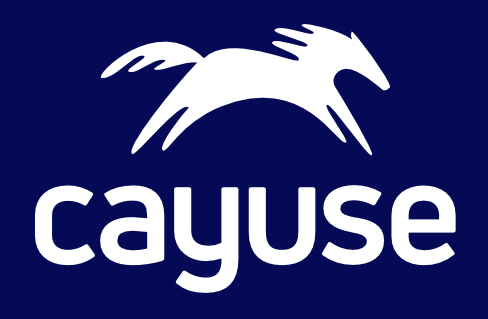IBC Protocol Registration
Principle Investigators must register the following research materials with the Institutional Biosafety Committee prior to work beginning:
- Recombinant and/or synthetic nucleic acid (rNA/sNA) activities;
- Materials or agents potentially infectious to humans, plants, and/or animals – including the storage or concentration of any potentially biohazardous materials;
- Except for general surveillance, arthropods that serve as vectors of disease to humans, plants, or other animals, and arthropods that are considered an environmental hazard;
- Use of soil seed, plants, plant pathogens (e.g., bacteria, viruses, fungi, or parasites) or other material received under a USDA APHIS compliance agreement or permit;
- Use of potentially infectious human and/or non-human primate materials;
- Use of cell lines that pose a danger to humans, animals, and/or plants, and/or those immortalized by means that render them dangerous to humans, animals, and/or plants;
- The use of biologically derived toxins;
- Work involving prions or prion-like proteins;
- Any Select Agent or Toxin as listed in 7 CFR 331, 9 CFR 121, and/or 42 CFR 73.
- Category 1 and 2 Dual Use Research of Concern and Pathogens with Enhanced Pandemic Potential as per the United States Government Policy for Oversight.
- Necropsy of animals not under the care of the University Veterinarian, necropsy that involves hands-on student involvement, and necropsy of animals with unknown health status and/or animals reasonably suspected or known to be infectious;
- Other work as deemed necessary for review by the Biological Safety Officer; and/or
- work with other potentially biohazardous materials conducted at, or sponsored by the University for compliance with the guidelines in the CDC/NIH Biosafety in Microbiological and Biomedical Laboratories (BMBL) and approve those research projects that meet or exceed the requirements in the BMBL.
Steps for Protocol Registration
1. Register yourself and lab members in Cayuse
Cayuse Personnel Description Form
Remember: Personnel assurances are required for everyone added to a protocol, and enrollment in the OHP may be required for certain work.
2. Complete and Submit your Protocol in Cayuse
Visit our Researcher Toolbox for aids in completing and managing your protocol in Cayuse. This toolbox has the personnel assurances and Co-PI forms for your application.
3. The Review Process
- The PI submits the IBC application and associated documents in Cayuse Hazard Safety
module. Documents indicated with an * are required for all applications and will need to be attached to the application
in Cayuse.
- Work Area Safety Plan*
-
Signed Personnel Assurance sheet for personnel listed on application*
-
USDA, CDC, or other state or federal permits - only when required for your research
- OHP clearances from the Occupational Health Provider - when applicable
-
Co-PI form(s) - only when applicable
- Any other supporting documentation (i.e., SOPs, literature cited, MOUs, etc.)
- The IBC Office may review the submission for completion and request changes prior
to forwarding the application to the committee.
- If a safety survey for containment is needed (e.g., moving from BSL1 to BSL2), you can request the survey here: https://www.depts.ttu.edu/ehs/forms/survey.php. Checklists for surveys can be found on the Lab Tools and Templates page: https://www.depts.ttu.edu/ehs/academicsafety/lab/tools-templates.php. The containment needs for your work will have to be met for final approval.
- The protocol is distributed to the IBC committee members for review. Committee member comments (if any) are collected by the IBC administrator and sent back to the submitting PI.
- If severe concerns are expressed by the committee or the protocol is called for full committee review, the IBC may request the PI to attend the upcoming meeting to discuss their proposed work.
- The PI must either submit answers or a rebuttal to all committee member comments no less than 5 days before the upcoming meeting to have the final review of their application on the meeting agenda. A list of meeting dates is on the IBC homepage.
- Protocols are discussed and approval granted at the monthly IBC meetings. In special situations (typically associated with funding), approval may be granted outside of the formal meeting.
4. Print your protocol in hard copy and have lab members review. Maintain a copy of your current protocol in the lab.
5. Keep it current.
PIs must submit amendments disclosing any changes (personnel, facilities, materials, methods, etc.) to an approved protocol. Like applications, amendments will not be accepted in any form outside of Cayuse. During the transition period, PIs may have to copy/paste their active protocol into Cayuse to facilitate amendments. PIs will need to coordinate such protocol transfers into Cayuse with the IBC Office.
PIs must submit an annual continuing review to the IBC and renew active protocols every three years. If a protocol is completed prior to the continuing review or 3-year approval period, please contact the IBC Office by email at ibc.ehs@ttu.edu.
Environmental Health & Safety
-
Address
Texas Tech University, 407 Flint Ave, Lubbock, TX 79409 (Mail Stop 1090) -
Phone
806.742.3876 -
Email
safety@ttu.edu

